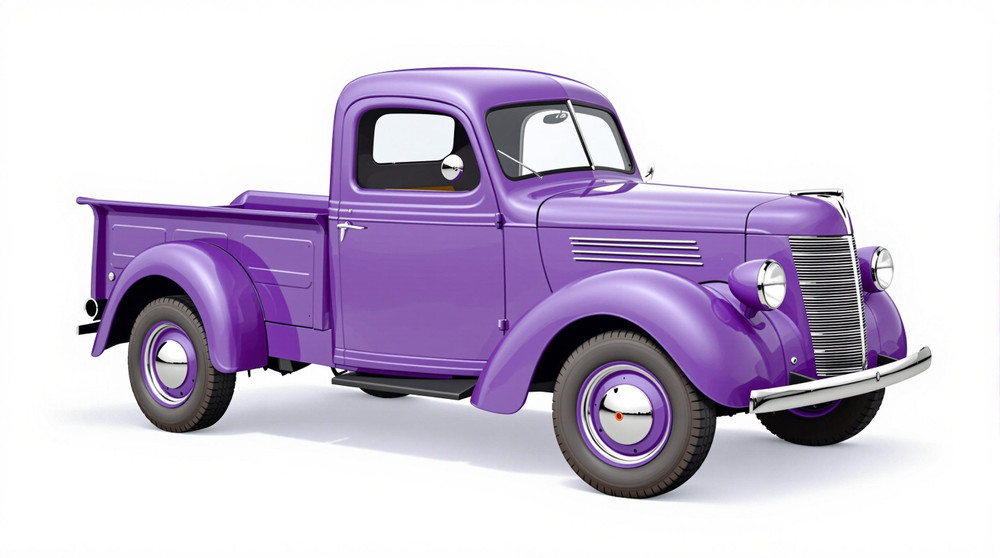Image of 1939 Willys Model 48 Truck, Note: These illustrations use artistic license and may differ from actual historical models.
Performance Metrics
Fundamental Metrics
Emotional Appeal
MMP Rating
| Engine Specifications | |
|---|---|
| Engine: | L-head 4-cylinder |
| Displacement: | 134 cu in (2.2 L) |
| Horsepower: | Estimated 48-63 hp |
| Torque: | 100 lb-ft |
| Compression Ratio: | Estimated 6.48:1 |
| Ignition System: | Battery and coil |
| Cooling System: | Water-cooled |
| Performance Specifications | |
| 0-60 Time: | Not available due to the age and type of vehicle |
| 1/4 Mile Time: | Not available due to the age and type of vehicle |
| Top Speed: | 60-65 mph |
| Transmission and Drive | |
| Drive Type: | Rear-wheel drive |
| Transmission Type: | 3-speed manual |
| Fuel and Efficiency | |
| Fuel System Type: | Carburetor |
| MPG: | Estimated 15-20 mpg |
| Dimensions and Brakes | |
| Brakes: | Hydraulic drum brakes |
| Wheelbase: | 104 inches |
| Weight: | Estimated 2,400 lbs |
Note: Specifications for classic cars are given to the best of our ability, considering the limited and variant data available.
The Unassuming Icon: 1939 Willys Model 48 Truck
In an era where automotive design was as much about function as it was form, the 1939 Willys Model 48 Truck emerged as a symbol of American resilience and ingenuity. Crafted by Willys-Overland Motors, a company that would later gain fame for its wartime Jeep, the Model 48 Truck was a testament to the versatility and durability demanded by the pre-war American landscape. Notably, this vehicle carved a niche for itself by being one of the few to offer a blend of passenger car comfort in a rugged commercial vehicle package, setting a precedent for utility vehicles in the years to follow.
Design and Innovation
The exterior of the 1939 Willys Model 48 Truck was characterized by its no-nonsense, utilitarian design. Its sturdy frame was complemented by a bold, vertical grille and rounded fenders that exuded a sense of purpose. Inside, the cabin featured a simple yet functional layout with materials chosen for durability over luxury. Despite its workhorse nature, the Model 48 did not skimp on innovation; it was equipped with Willys' "Go-Devil" engine, which would later become famous for powering the ubiquitous WWII Jeep. Color options were typically conservative, with hues such as deep blues, greens, and blacks being popular choices among buyers. The truck was available in various body styles, with the pickup variant being particularly iconic among enthusiasts.
Historical Significance
The Model 48 Truck's impact on automotive design was subtle yet profound. In an age dominated by large, heavy vehicles, its comparatively compact dimensions and efficient powertrain set it apart. The truck's design philosophy would echo through the decades, influencing the development of the modern-day SUV and crossover segments. Its legacy is a reminder of the importance of adaptability and functionality in automotive engineering.
Performance and Handling
Performance-wise, the 1939 Willys Model 48 Truck was not built to break speed records. However, its reliable engine provided sufficient power for everyday tasks, with a top speed that was adequate for the roads of its time. The truck's handling characteristics were typical for vehicles of the era, with a firm ride that communicated the road's texture to the driver. The experience behind the wheel was one of raw connection to the machine and the road—a tactile interaction that modern vehicles often mask.
Ownership Experience
Owners of the Model 48 Truck valued it for its versatility; it served equally well as a daily driver or a work vehicle. Its straightforward mechanical design made maintenance and repairs relatively easy for the average owner. While not as glamorous as some of its contemporaries, it earned respect for its reliability and practicality.
Fun Facts
Among classic car aficionados, the 1939 Willys Model 48 Truck holds a special place. Rare editions of this model are highly sought after, with some having been owned by notable figures of the time. Although not known for setting speed records, it has earned a record of sorts for endurance—many still survive today thanks to their robust construction. Criticisms were few but generally centered around its modest performance capabilities.
Collector's Information
Today, the 1939 Willys Model 48 Truck is a cherished collectible. While production numbers were not as high as some mass-produced models of the time, it's estimated that several thousand were made. Due to its age and historical value, prices can vary significantly, but well-preserved examples can fetch a handsome sum in the collector's market. The value trend for these trucks has been generally appreciative, reflecting their growing rarity and appeal among classic vehicle enthusiasts.
Conclusion
The 1939 Willys Model 48 Truck stands as a monument to an era when simplicity and utility were paramount. Its design and engineering principles continue to resonate in today's automotive world, reminding us that sometimes, less truly is more. As we look back on this humble yet iconic vehicle, we are reminded of the enduring legacy that such machines leave behind—a legacy of strength, reliability, and timeless appeal.
1939 Willys Model 48 Truck Catalog of Parts
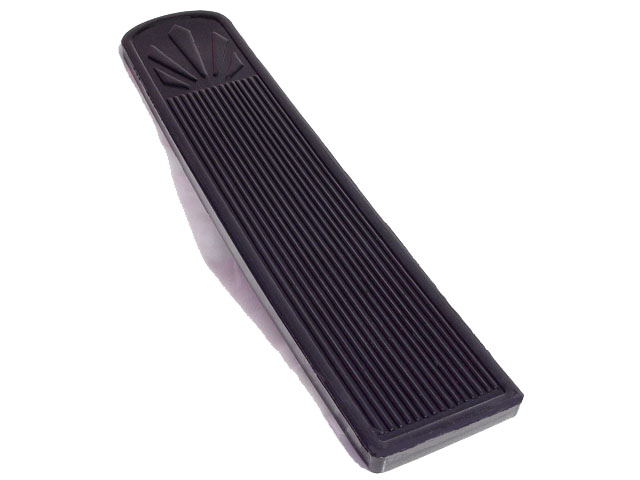 1939 Willys Model 48 Truck Accelerator Pad. 2" Wide X 9-3/8" Long. Each-AP 35Accelerator Pad. 2" Wide X 9-3/8" Long. Each
1939 Willys Model 48 Truck Accelerator Pad. 2" Wide X 9-3/8" Long. Each-AP 35Accelerator Pad. 2" Wide X 9-3/8" Long. Each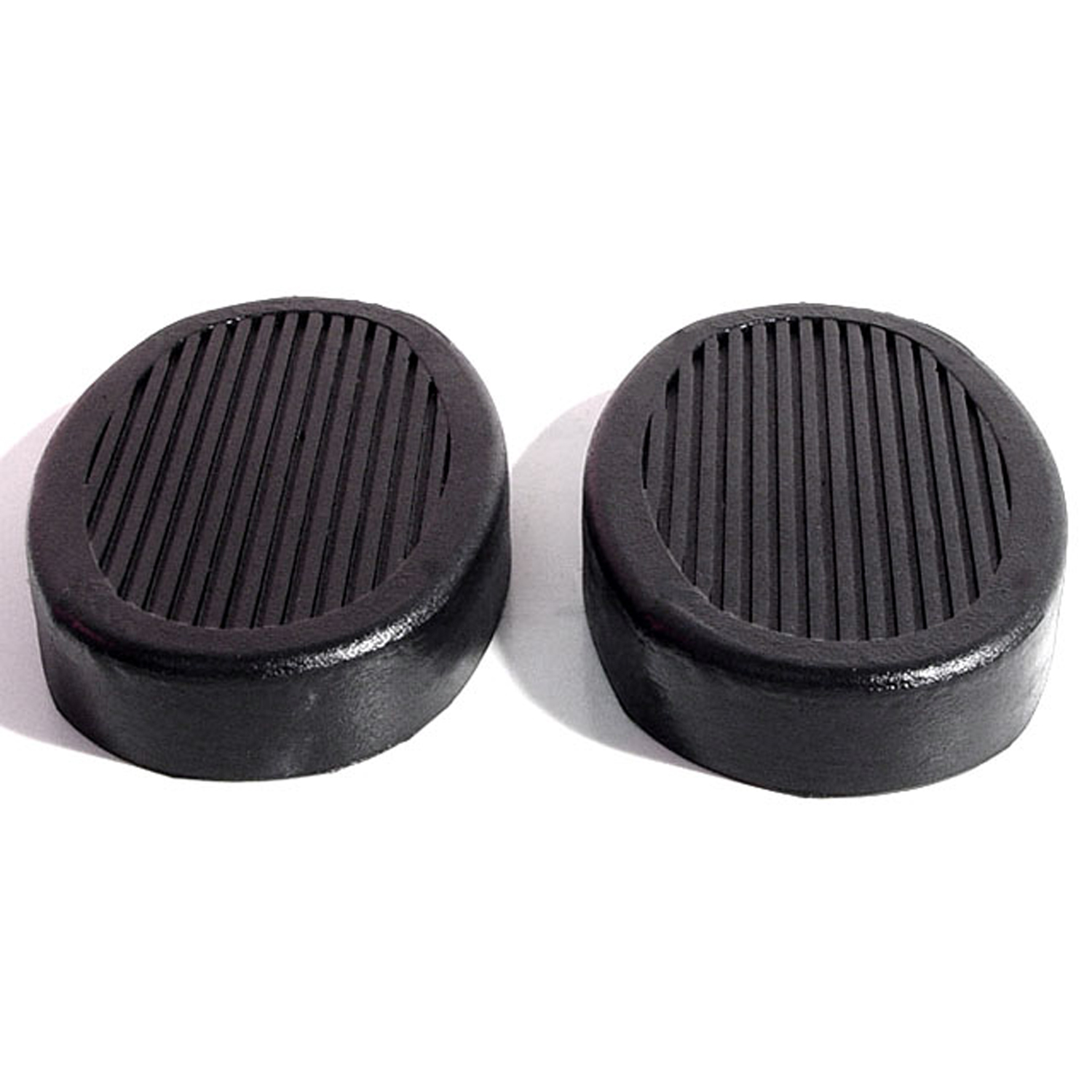 1939 Willys Model 48 Truck Clutch and Brake Pedal Pads. Exact reproduction-CB 96Clutch and Brake Pedal Pads. Exact reproduction. 2-3/16" wide X 3-5/16" long. Pair
1939 Willys Model 48 Truck Clutch and Brake Pedal Pads. Exact reproduction-CB 96Clutch and Brake Pedal Pads. Exact reproduction. 2-3/16" wide X 3-5/16" long. Pair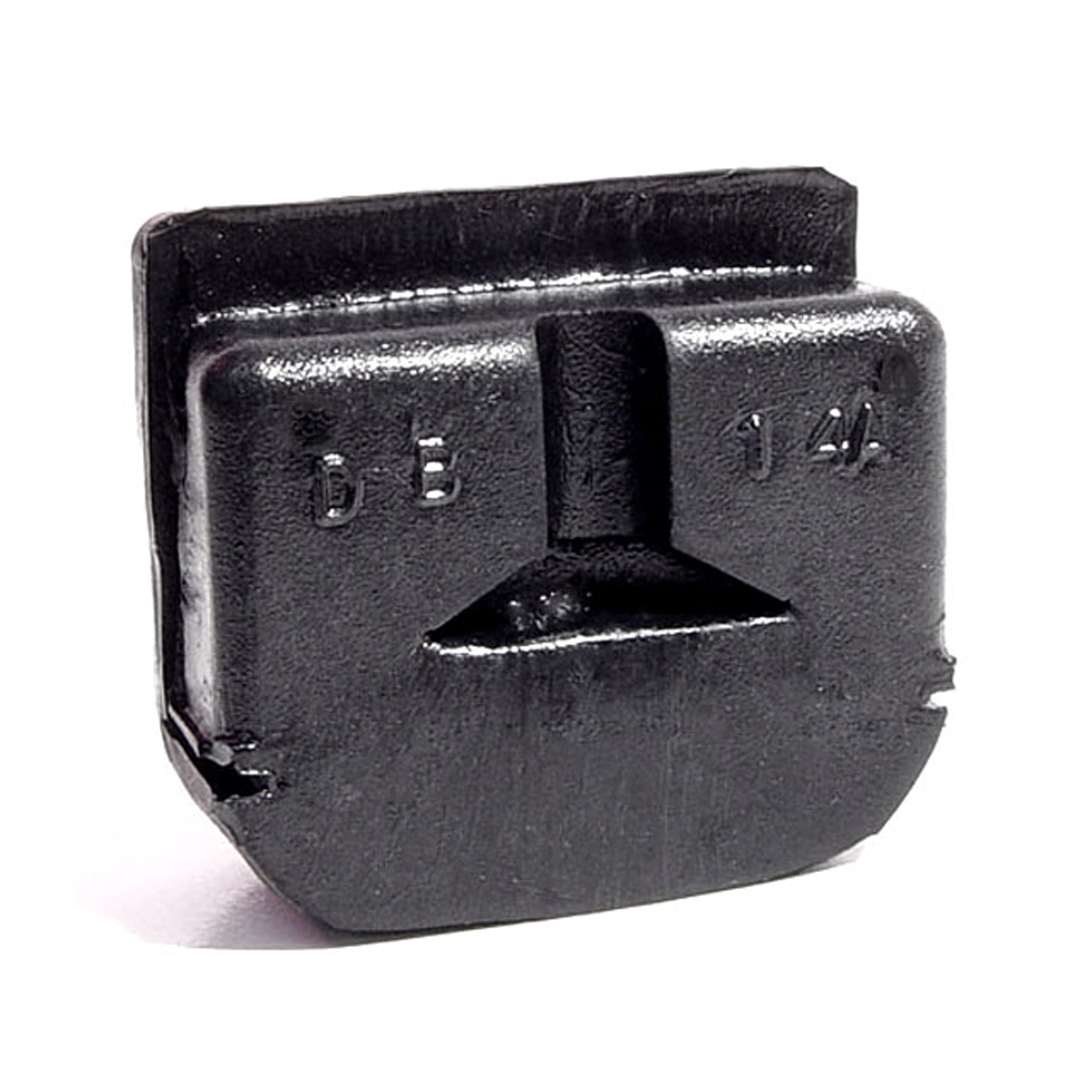 1939 Willys Model 48 Truck Door Bumper. Exact reproduction-DB 14-ADoor Bumper. Exact reproduction. 1-3/16" high X 1-9/16" wide X 9/16" thick. Each
1939 Willys Model 48 Truck Door Bumper. Exact reproduction-DB 14-ADoor Bumper. Exact reproduction. 1-3/16" high X 1-9/16" wide X 9/16" thick. Each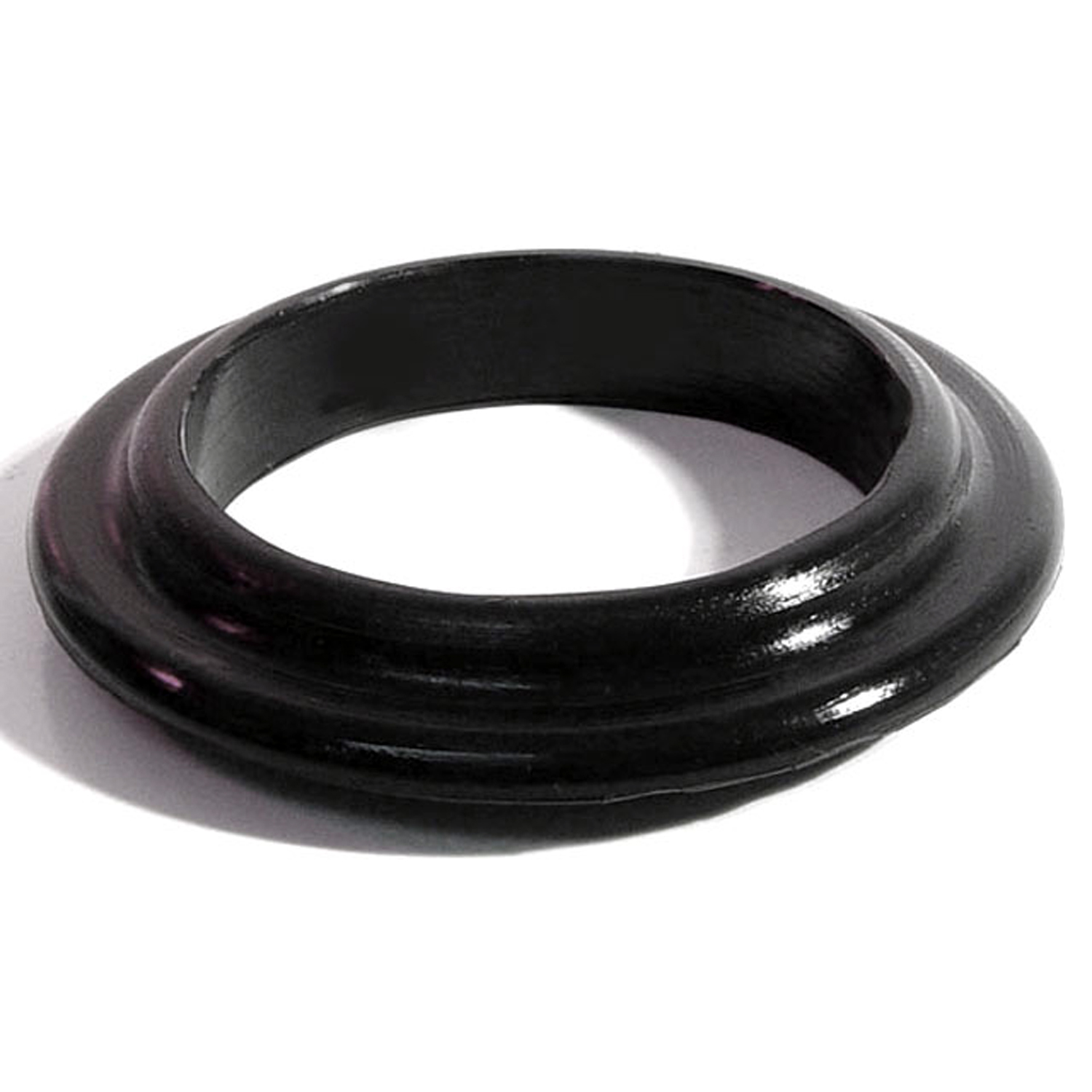 1939 Willys Model 48 Truck Gas Filler Grommet. 2-1/4" I.D., 3-1/4" O.D. Each-GF 29Gas Filler Grommet. 2-1/4" I.D., 3-1/4" O.D. Each
1939 Willys Model 48 Truck Gas Filler Grommet. 2-1/4" I.D., 3-1/4" O.D. Each-GF 29Gas Filler Grommet. 2-1/4" I.D., 3-1/4" O.D. Each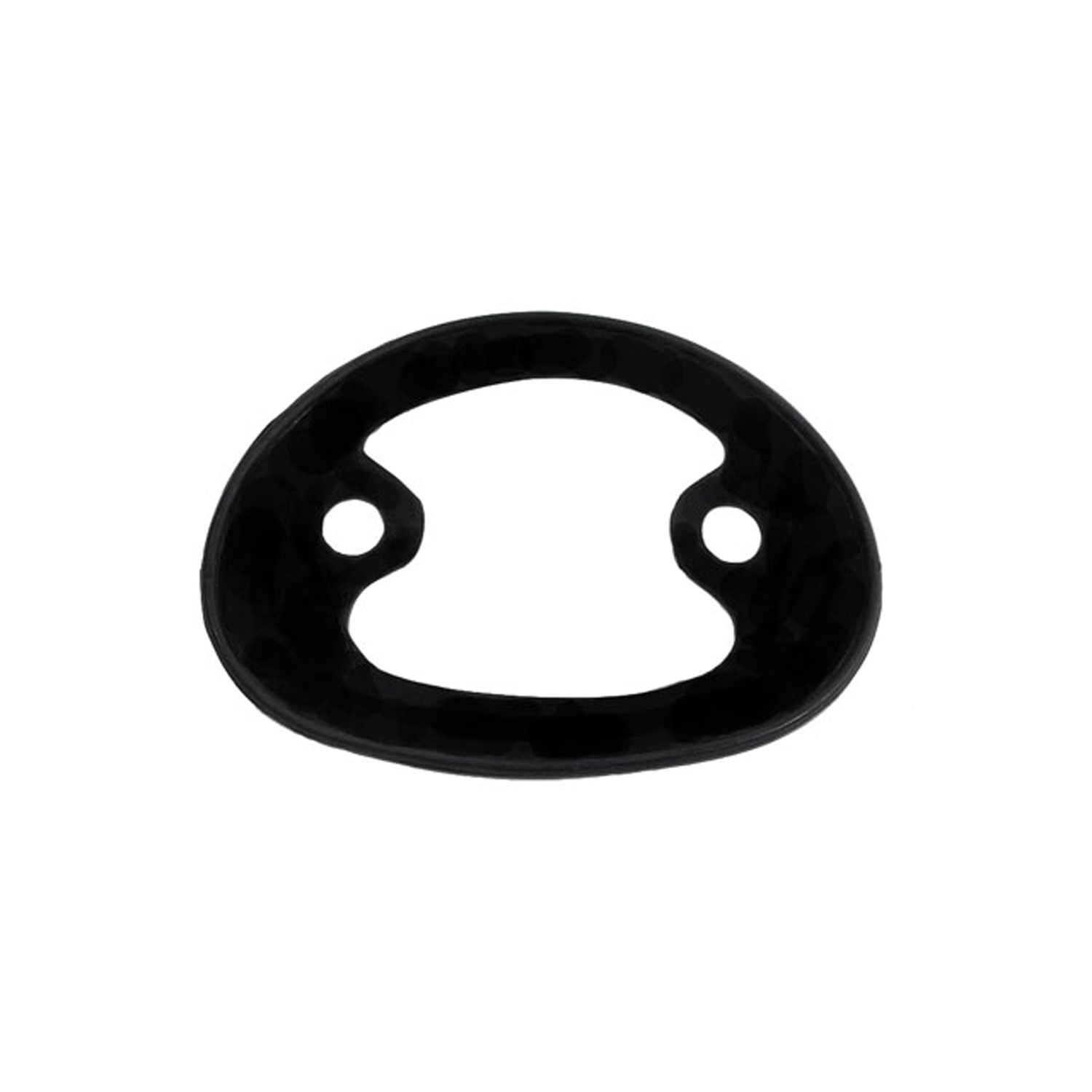 1939 Willys Model 48 Truck License Light Pad. 5-1/2" wide X 4-1/8" long. Each-MP 1303-BLicense Light Pad. 5-1/2" wide X 4-1/8" long. Each
1939 Willys Model 48 Truck License Light Pad. 5-1/2" wide X 4-1/8" long. Each-MP 1303-BLicense Light Pad. 5-1/2" wide X 4-1/8" long. Each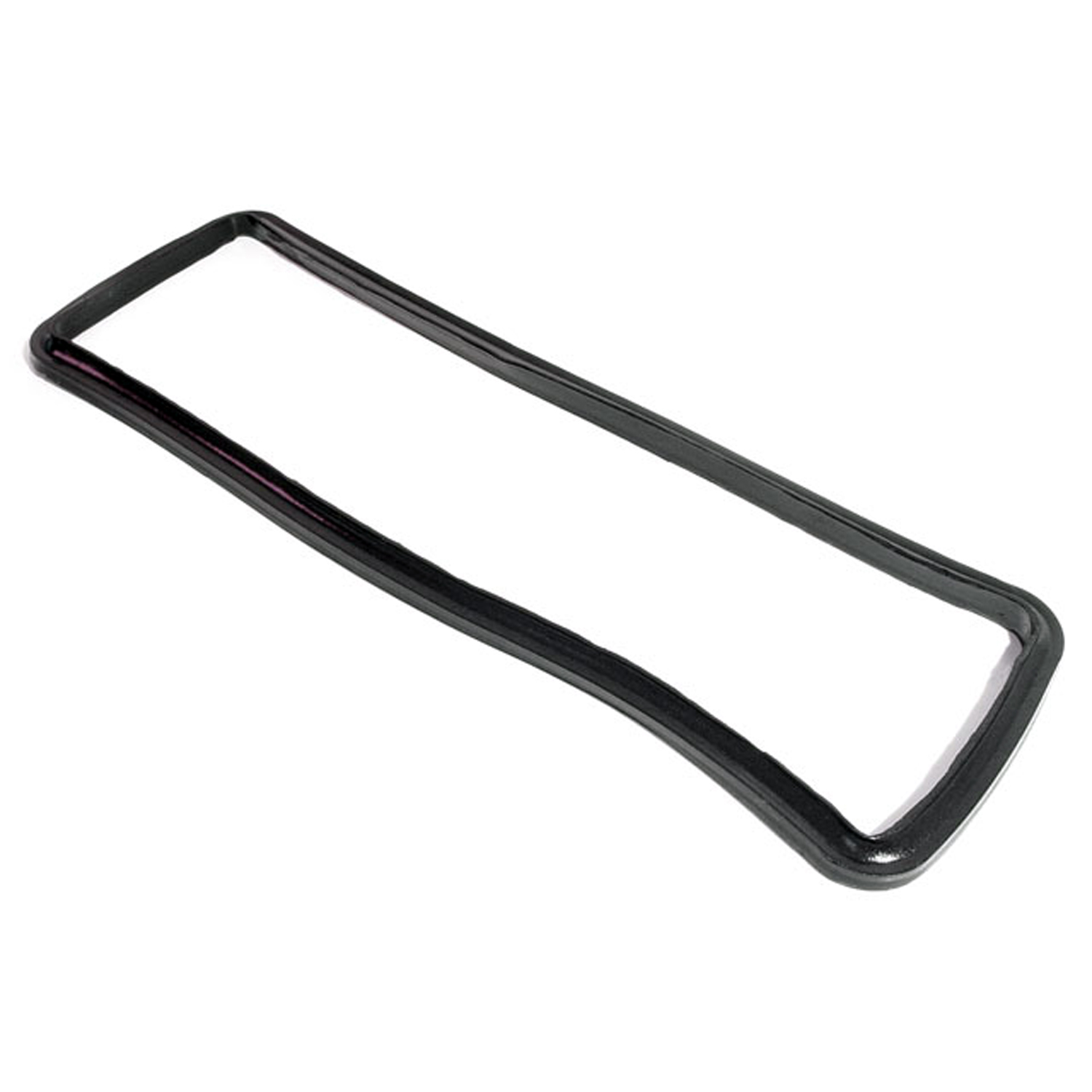 1939 Willys Model 48 Truck Cowl Vent Seal. Made of molded sponge-RP 100-GCowl Vent Seal. Made of molded sponge. 3-3/4" wide X 11-1/4" long. Each
1939 Willys Model 48 Truck Cowl Vent Seal. Made of molded sponge-RP 100-GCowl Vent Seal. Made of molded sponge. 3-3/4" wide X 11-1/4" long. Each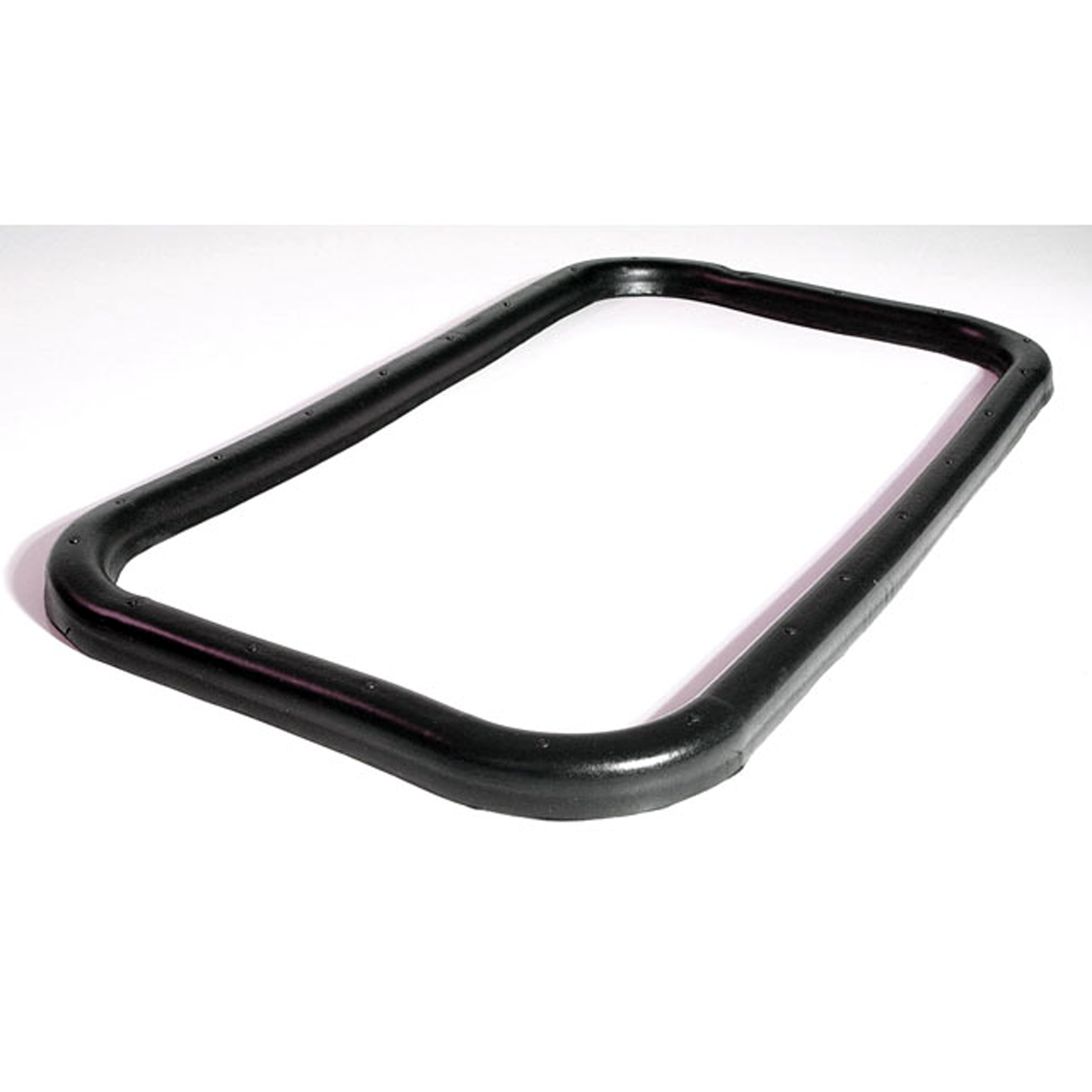 1939 Willys Model 48 Truck Hood to Cowl Vent Seal. Made of molded sponge-RP 100-HHood to Cowl Vent Seal. Made of molded sponge. 7-5/8" wide at side X 13-3/8" long. Each
1939 Willys Model 48 Truck Hood to Cowl Vent Seal. Made of molded sponge-RP 100-HHood to Cowl Vent Seal. Made of molded sponge. 7-5/8" wide at side X 13-3/8" long. EachWhy Choose Metro?
For over 100 years, Metro Moulded Parts has been the pinnacle of quality in classic car restoration parts. Our commitment to precision and authenticity in every component ensures a perfect fit and an OEM-level appearance.
- Expert Craftsmanship & Quality: Each part is a testament to our dedication to reliability and perfection, crafted from original designs and thoroughly tested.
- Advanced Technology: We use cutting-edge techniques to create flawless, long-lasting parts that surpass others in performance.
- SuperSoft Sponge – The Ultimate Door Seal: Not only are our door seals 30% softer than competitors', but they're also guaranteed to never leak. They effectively reduce wind and road noise, enhancing your classic car's comfort and driving experience.
- Proudly American: Our parts are a product of American craftsmanship, made in the USA with a spirit of excellence and heritage.
- Unrivaled Warranty: We back our products with a 30-year industry-leading warranty, a testament to our confidence in their quality.
Join us in preserving the legacy of classic cars with parts that are crafted for perfection, not just made.

